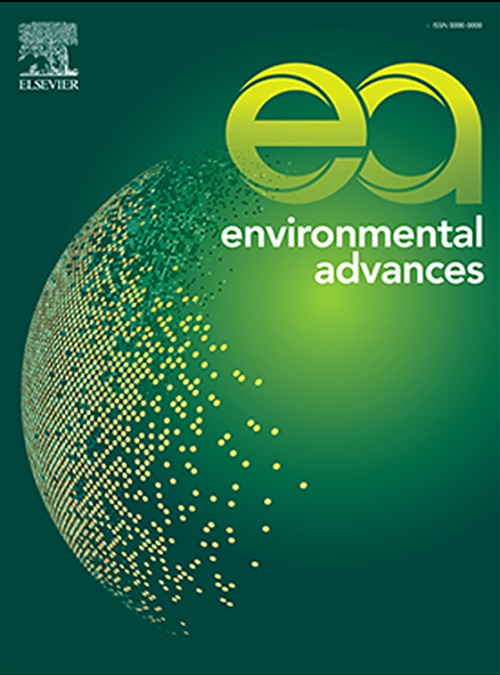整合聚类算法和机器学习优化区域快照城市固体废物管理,实现可持续发展目标
Q2 Environmental Science
引用次数: 0
摘要
有效的城市固体废物管理(MSWM)对可持续城市发展至关重要,对环境健康、经济效率和社会福祉产生重大影响。它符合可持续发展目标11 (SDG11),该目标旨在通过确保废物从收集到处置的安全管理,使城市具有包容性、安全性、复原力和可持续性。本研究评估了不同地区不同城市的MSWM实践绩效,更新至2023年3月,以评估可持续发展目标11的实现情况。通过查阅已发表的文献、进行问卷调查以及与政府部门和服务提供商的关键信息提供者访谈,收集了来自不同收入水平地区470个城市的管理城市固体废物设施获取情况数据,以监测城市固体废物管理在实现可持续发展目标11方面的进展。采用聚类算法和机器学习来识别模式并加强这些地区的MSWM实践,重点是实现可持续发展目标11。分层聚类分析根据MSWM绩效确定了四个聚类:高收入地区、中高收入地区、中低收入地区和低收入地区。所开发的决策树模型提供了有效的城市生活垃圾收集和处置的综合分析,分别达到约75%和73%的准确性。这些模型强调了高收集覆盖率、适当的处置设施和健全的体制框架对实现有效的城市垃圾管理的重要性。研究结果强调,需要有针对性的干预措施和先进的分析方法,以加强区域MSWM战略,支持实现可持续发展目标11。本文章由计算机程序翻译,如有差异,请以英文原文为准。
Integrating clustering algorithms and machine learning to optimize regional snapshot municipal solid waste management for achieving sustainable development goals
Effective municipal solid waste management (MSWM) is essential for sustainable urban development, significantly impacting environmental health, economic efficiency, and social well-being. It aligns with Sustainable Development Goal 11 (SDG11), which aims to make cities inclusive, safe, resilient, and sustainable by ensuring waste is safely managed from collection to disposal. This study evaluates the performance of MSWM practices across various cities in different regions, updated as of March 2023, to assess the achievement of SDG11. By reviewing published literature and conducting questionnaire surveys and key informant interviews with government authorities and service providers, data on access to managed MSW facilities were collected from 470 cities across various income-level regions to monitor MSWM progress toward SDG11 targets. Clustering algorithms and machine learning were employed to identify patterns and enhance MSWM practices across these regions, focusing on achieving SDG11. Hierarchical cluster analysis identified four clusters based on MSWM performance: high-income, upper-middle-income, lower-middle-income, and low-income regions. The developed decision-tree models provided a comprehensive analysis of effective MSW collection and disposal, achieving accuracies of approximately 75 % and 73 %, respectively. The models highlighted the importance of high collection coverage, proper disposal facilities, and robust institutional frameworks in achieving effective MSWM. The findings emphasize the need for targeted interventions and advanced analytical methods to enhance regional MSWM strategies, supporting the attainment of SDG11.
求助全文
通过发布文献求助,成功后即可免费获取论文全文。
去求助
来源期刊

Environmental Advances
Environmental Science-Environmental Science (miscellaneous)
CiteScore
7.30
自引率
0.00%
发文量
165
审稿时长
12 weeks
期刊介绍:
 求助内容:
求助内容: 应助结果提醒方式:
应助结果提醒方式:


